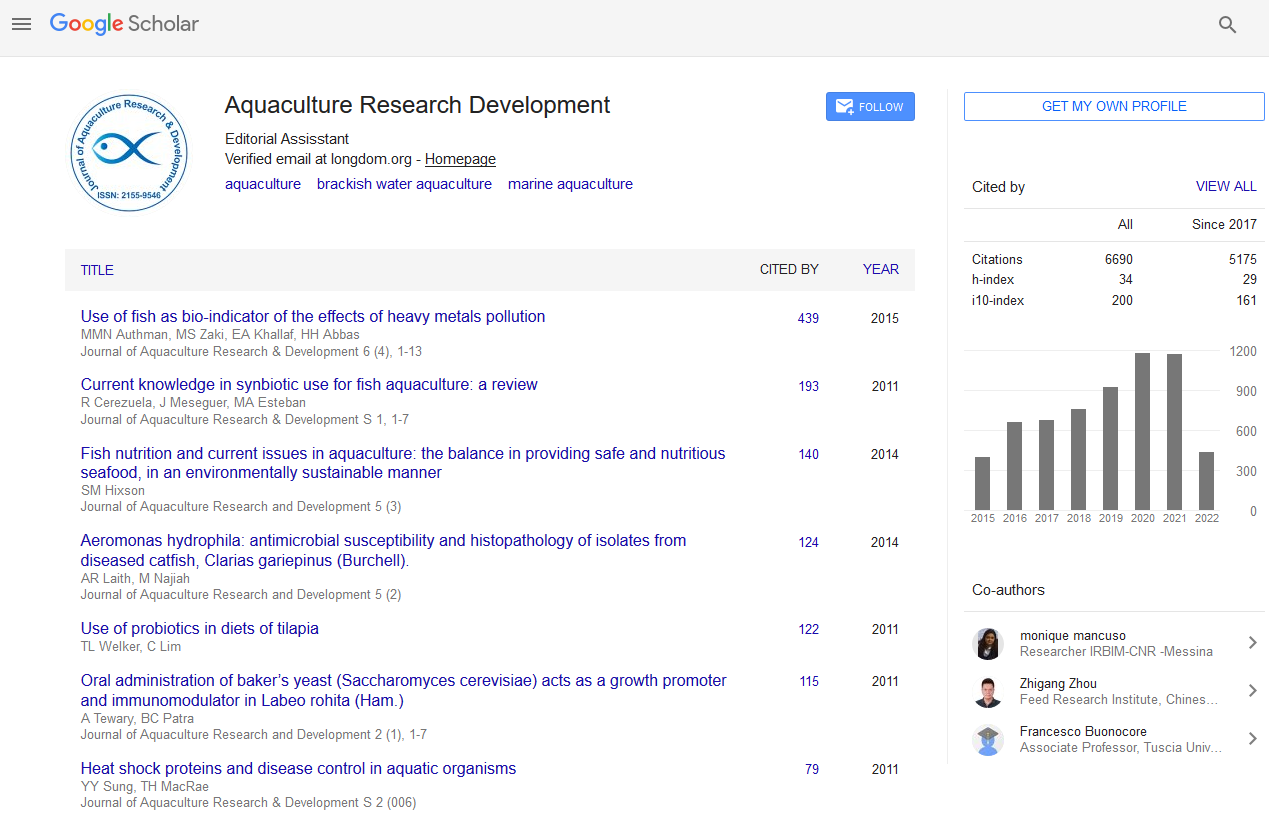PMC/PubMed Indexed Articles
Indexed In
- Online Access to Research in the Environment (OARE)
- Open J Gate
- Genamics JournalSeek
- JournalTOCs
- Scimago
- Ulrich's Periodicals Directory
- Access to Global Online Research in Agriculture (AGORA)
- Electronic Journals Library
- Centre for Agriculture and Biosciences International (CABI)
- RefSeek
- Directory of Research Journal Indexing (DRJI)
- Hamdard University
- EBSCO A-Z
- OCLC- WorldCat
- Scholarsteer
- SWB online catalog
- Virtual Library of Biology (vifabio)
- Publons
- MIAR
- University Grants Commission
- Euro Pub
- Google Scholar
Useful Links
Share This Page
Journal Flyer

Open Access Journals
- Agri and Aquaculture
- Biochemistry
- Bioinformatics & Systems Biology
- Business & Management
- Chemistry
- Clinical Sciences
- Engineering
- Food & Nutrition
- General Science
- Genetics & Molecular Biology
- Immunology & Microbiology
- Medical Sciences
- Neuroscience & Psychology
- Nursing & Health Care
- Pharmaceutical Sciences
Abstract
Role of Plasmids in Microbiology
Husne Banu and Kurcheti Pani Prasad
Plasmids are not integral part of bacteria as their absence makes no harm. But the extraordinary properties carried by plasmids make them attractive to study their usefulness for microbes in a hostile environment and it has tremendous contribution for molecular biotechnology. There are many classification of plasmids based on their properties, compatibility or replication pattern but still many unidentified useful plasmids are remain. Two properties of bacteria namely antibiotic resistance and bioremediation have come from plasmids. Probably there are many researches on antibiotic resistance group of bacteria which transfer their determinants through R-Plasmids. These resistant plasmids are used for selective growth of positive clones in gene cloning experiments. But transfer of these plasmids, are quite harmful for aquatic animals as well as for human being, as it increases the antibiotic / therapeutics dose resistance. Microbes are ultimate stage of food chain where everything on earth has to be recycled. Based on this concept researchers have identified a process called Bioremediation, where a group of useful plasmids diversify bacteria to tolerate high concentration of pollutants and to degrade it. With the increase in human population, pollution is a big challenge. So the study of plasmids having crucial role in bioremediation will definitely have vast scope in future. Other properties such as nitrogen fixation, sulphur utilization and hydrocarbon degradation need to be studied in details for their implementation for mankind or to address various environmental issues.


